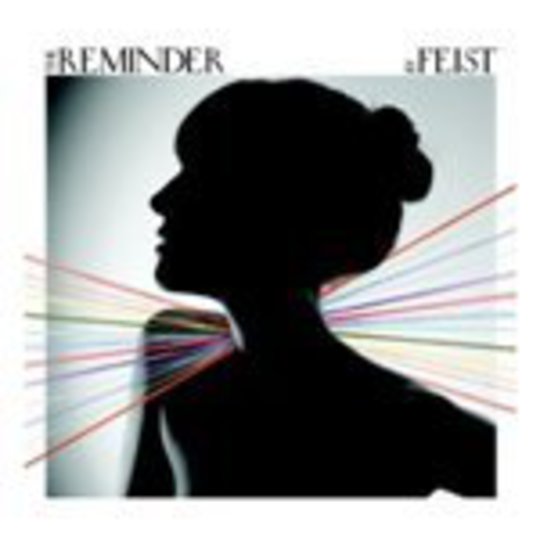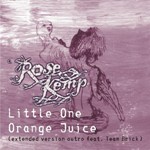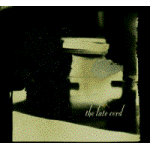The Reminder: it’s something of an odd title. A reminder of what, exactly? Feist has only been holed up in the studio for a short time, as a remix album reminded all of us of the transplanted Parisian last year. While we can be a forgetful bunch, I will give her that, Feist’s previous work is largely unforgettable; she has built her career by being distinctive, from the breakthrough affair Let It Die to her cute vocal work with Broken Social Scene. So, what is this reminder about exactly? The investigating begins.
In earnest, The Reminder is far from a departure for Feist, ultimately rendering any need for a reminder useless. More of the similarly relaxed, urban without being urbane, electro-pop is featured here, and like Let It Die it focuses on strong, diminished grand piano and Feist’s playful, personifying pipes. The arrangements burst with an innocent, childlike delicacy and the lyrics, well, play along with the childlike tendencies. Yet, on this one, Feist balances an orchestral production with a simple guitar and/or piano accompaniment, showcasing a maturing songwriter not afraid to beef up her backside with more instruments when the opportunity presents itself. ‘One Two Three Four’, one of the standout showstoppers, coagulates a delightfully plucky bluegrass riff lined with a soul choir and heavy brass, and is as musically expansive as Feist has ever been. Leading the other side is the idiosyncratically chosen opener ‘So Sorry’, an exercise in restraint, a holding back, as if this apologetic lark is not quite ready to fully apologise.
Same goes for the rest of the collection: Feist constantly trades off complexities with simplicity, and does it quite impressively. After ‘So Sorry’, a more fluffed, sensuous melody takes over in ‘I Feel It All’, set to self-deprecating and incisive lyricism that builds on Feist’s openly apologetic rhetoric one song previous. Britpop ebbs and flows through the more radio-friendly jaunts, including ‘My Moon My Man’ and ‘Past is Present’, while the electro-jazz meets chill-out flirtatiously inscribe their mark on the reminder as well, especially on the choral ‘Sealion’ and the melancholic ‘The Park’.
Enough variety is here, and it all fits together as beautifully as Let It Die did. This is because each song revolves around Feist’s vocal performance more than any other element – you can hear Gonzales, New Deal gadget wizard Dan Kurtz and German producer Mocky all over this record, from every diminutive piano poke and choral arrangement, but these auxiliaries are smartly restrained, allowing Feist to wade on top of the clear pool supporting her rather than sink within its density. ‘The Limit To Your Love’, another standout, proves this point instinctively, as myriad elements peering through each melody – moody violins, back-up vocals, electric guitar, rolling piano licks and tympani – are arranged in such a way to harness Feist’s voice and allow it to blossom, rather than weigh it down. While we do not need to be reminded of Feist’s wonderful voice, the orchestration on The Reminder does just that; each song is a testament to her voice, not the team she lined up to accentuate it. They only help put points on the board, but refrain from scoring the game winner.
The Reminder should elevate Feist above the success she garnered on both Let It Die and her set of remixes, Open Season, because it appeals to both the mainstream and the anti-mainstream. Regardless how cynical one gets to popular music, everyone, critical or not, can enjoy this, like diving into a good cup of coffee at a Parisian café haunted by Goethe and Baudelaire. Hey, one can dream. Feist certainly has.
-
9Shain Shapiro's Score






















